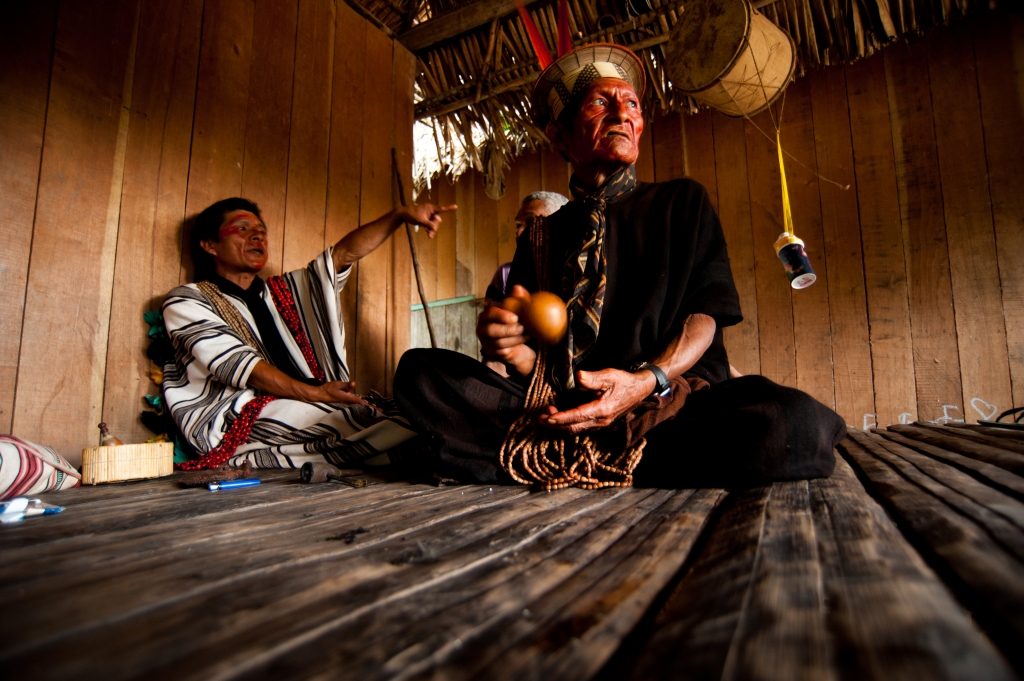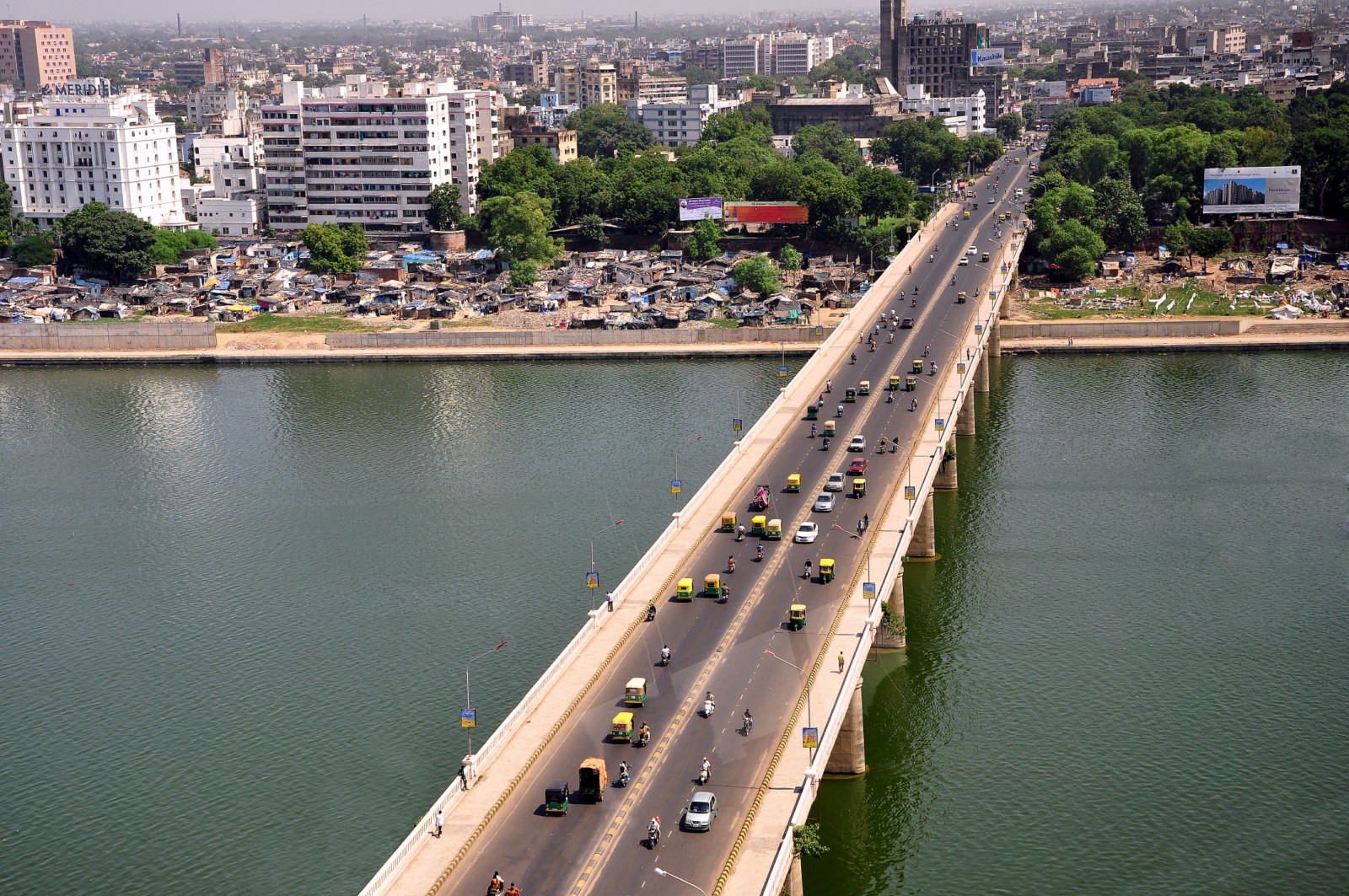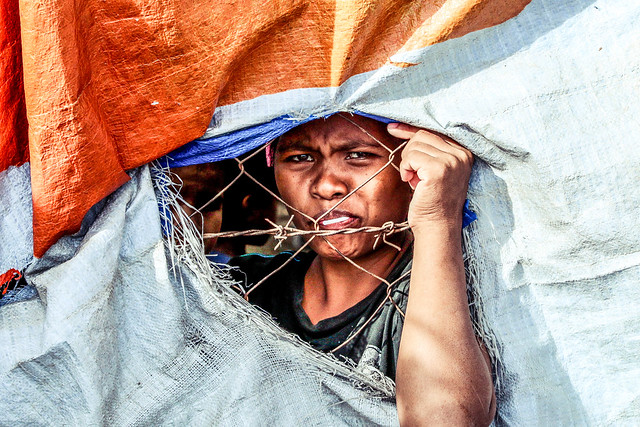Racial thinking shapes the spaces in which we live and the way we perceive the environment. The concept of “race” is inseparable from contemporary environmental issues and linked to colonial legacies. In Brazil, racial discrimination is deeply intertwined with development and the protection of the Amazon. Guest blogger, Arzucan Askin tells us more.

The linkages between climate change, colonialism, and capitalism that have led to the emergence of the concept of ‘CO2lonialism’ in recent debates. While mostly these refer to the historical linkage of three issues – namely, colonialism constituting the roots of capitalism, and capitalist industrialization and production causing climate change – there is another perspective to be taken on ‘CO2lonialism’, particularly in Brazil.
The country prides itself as being a ‘racial democracy’. The term, coined by Brazilian sociologist Gilberto Freyre, suggests that Brazil has averted the emergence of strict racial categories, due to the “gentle” nature of Portuguese imperialism, and as such has evaded racism and racial discrimination. Furthermore, the theory foresees the emergence of a ‘post-racial meta-race’ due to the miscegenation of racial and ethnic groups. However, this theory stands in stark contrast to the country’s deeply racialized reality. Brazils current racial diversity is a product of its colonial past, with most of its population descending from three main groups: European settlers, sub-Saharan Africans and indigenous peoples.
The majority of mixed-race people, often referred to as ‘mulattos’ (a highly contestable term in itself), descend from freed African slaves. Brazil not only imported more enslaved Africans than any other American nation, but it was also the last country in the Southern hemisphere to abolish the practice, in 1888. As is the case with any nation whose official history started with settler colonialism and the institution of slavery, the country’s federal economic policy, directed at alleviating poverty and reducing inequality, is inherently racialized: Afro-Brasileiros, black and mixed-race Brazilians make up 51 percent of the nation’s population and are significantly more exposed to poverty and targeted by discrimination, social exclusion and exploitation than lighter-skinned parts of the population. 80 percent of Brazil’s richest one percent are white, and only 13 percent of non-white black and mixed-race Brazilians between the age 18 and 24 are currently enrolled in college. With 54.8 million (26.5 percent of the population) people below the poverty line and 15.2 million people living in extreme poverty, calculated at less than $1.90 per day), vulnerability to forced labour and exploitation is high according to the World Bank.
As such, forms of slavery still exist in Brazil today and are not only a legacy of the country’s colonial past, but also explicitly linked to exploitation of natural resources in the Amazon. Most of Brazil’s ‘escravos’, modern-day slaves, are found in the agricultural sector, tied to primarily white land owners through debt bondage or human trafficking. This is particularly the case in ‘quilombos’, territories where escaped slaves hid during in colonial Brazil. Between 2003 and 2015 the official number of workers rescued from “conditions analogous to slavery” is said to be 44,483. Most of these forced labourers were recruited for soya plantations, farms, mines and mills in the Amazon. The exploitation of these majority non-white Brazilians in the Amazon contributes directly to deforestation and thus climate change. It is impossible to separate racism from environmental destruction, particularly in the context of Brazil.
“Slavery, […], represents the thin edge of a larger principle: the right of Brazil’s [white]elites to exploit humans and nature as ruthlessly as they will.” (Grandin, 2016)
Just recently Beto Mansur, congressman for the Movimento Democrático Brasileiro (MDB), aiming to impeach former President Dilma Roussef, was discovered to be keeping “46 workers at his soybean farms in Goiás State in conditions so deplorable that investigators say the laborers were treated like modern-day slaves”. Issues of race and racism in Brazil, are currently also explicitly fueled by the newly-elected far-right nationalist President, Jair Bolsonaro, who has publicly expressed his contempt for Afro-descendant Brazilians and indigenous people. During his election campaign he proclaimed that “not a centimeter will be demarcated either as an indigenous reserve or as a ‘quilombola’.
“The Indians do not speak our language […], they do not have culture. […] How did they manage to get 13% of the national territory?” Jair Bolsonaro
“Indigenous people have resisted for 518 years to overcome the colonial structure and we will continue to be resolute in our struggle for our right to exist as original peoples.” Sônia Guajajara, Brazil’s Association of Indigenous Peoples
While officially 436 territories have been formally designated as autonomous lands of indigenous peoples, the presence of rich mineral reserves in these indigenous territories rendered them highly vulnerable to social and resource exploitation. The current white-dominated Brazilian government under Bolsonaro has undermined indigenous rights and regards native communities in the Amazon as impediments to economic development and profit, subjecting them to (illegal) logging, cattle farming, mining and forced displacement. The exploitation of the Amazon paired with embedded institutionalized racism is detrimental to planetary health: recent scholarship agrees on the indispensable role and importance of indigenous peoples and biodiversity conservation.
The protection of territorial and resource rights of indigenous peoples is this directly linked to effective environmental governance and achieving the goals of climate change conventions. It is impossible to separate current environmental issues and environmental justice movements from questions of race and racial thinking. Racial thinking has shaped and continues to shape our experiences of nature and the environment directly and indirectly. Most importantly, the concept of race is historically and politically intertwined with nature; contemporary environmental issues and issues of social justice are both rooted in and also the effects of colonialism. The social environmental ramifications of this connection define our everyday realities and struggles. Consequentially, it is our responsibility to not only contextualize our understanding of nature critically but also to challenge and confront institutionalized racism that continues to harm people and the environment, standing in the way of effective development.
Arzucan Askin (@arzucan_askin) is a BA Geography student in the department of Geography and Environment at the LSE. She has previously worked on several conservation projects for the WWF and conducted research on indigenous communities in Malaysia (Orang Asli), China (Yao) and Hawai’i (Hawaiʻi Maoli). She serves as ambassador for the Royal Geographical Society, currently preparing for a research project on women and disaster resilience in Cuba, and is Editor-in-Chief of the jfa, a student-run human rights journal. Her research interests include political ecology, sustainable development, conservation and gender geography.
The views expressed in this post are those of the author and in no way reflect those of the International Development LSE blog or the London School of Economics and Political Science.





